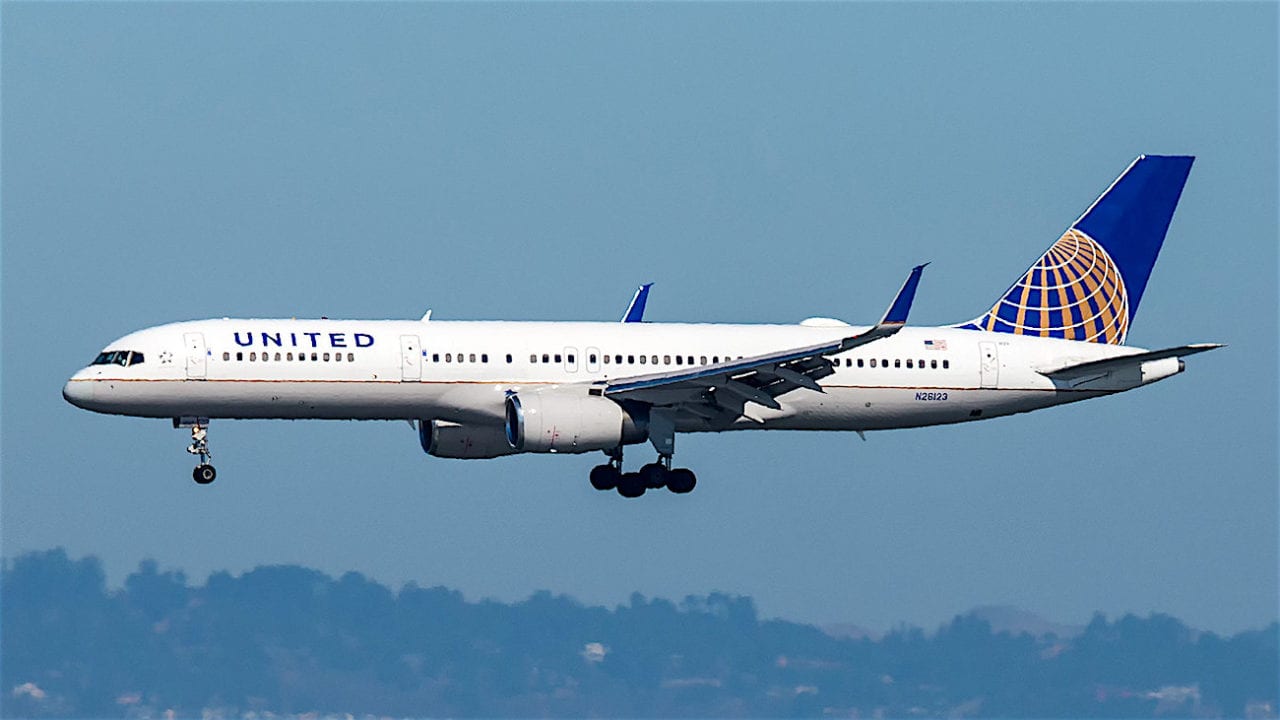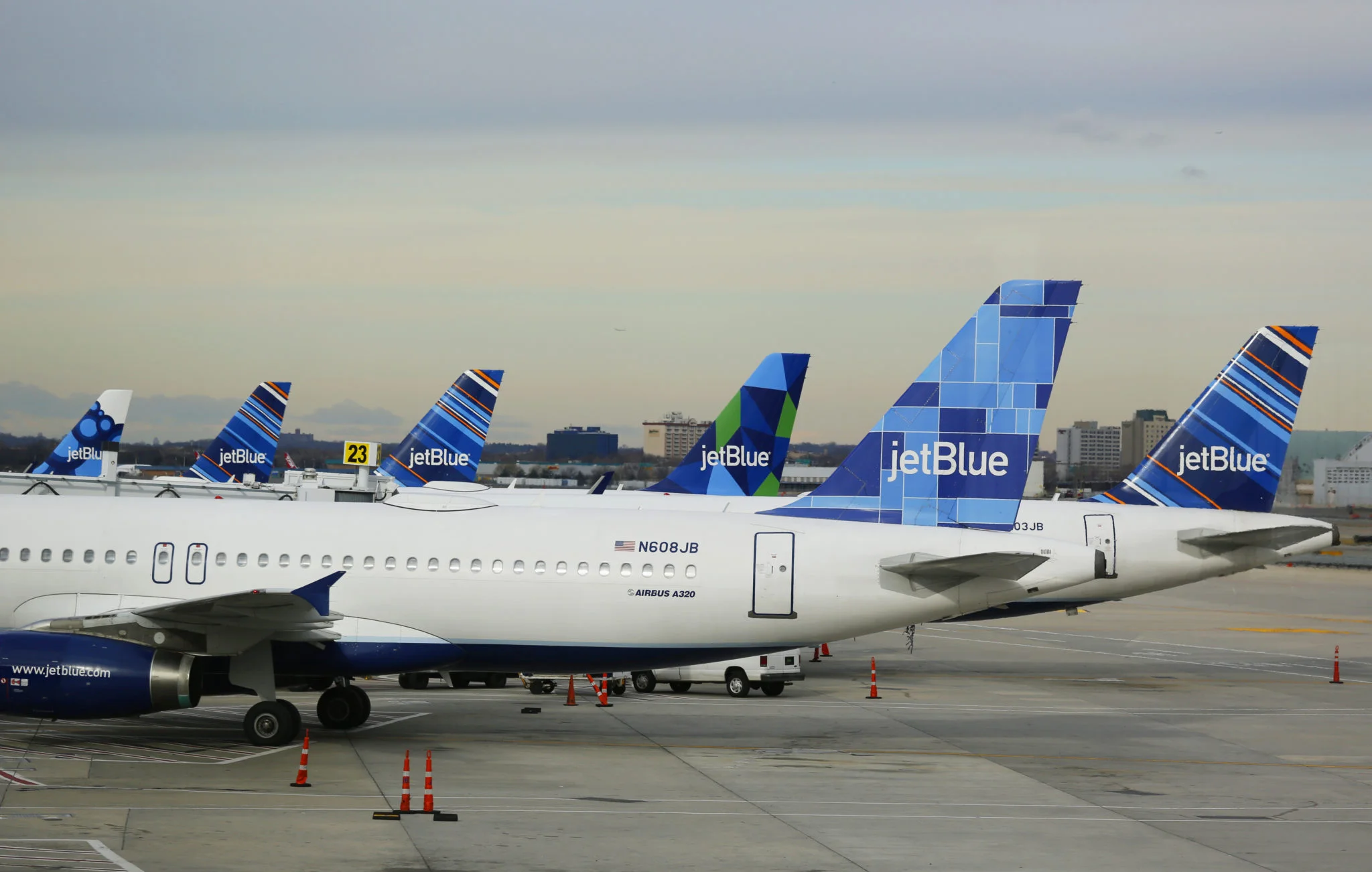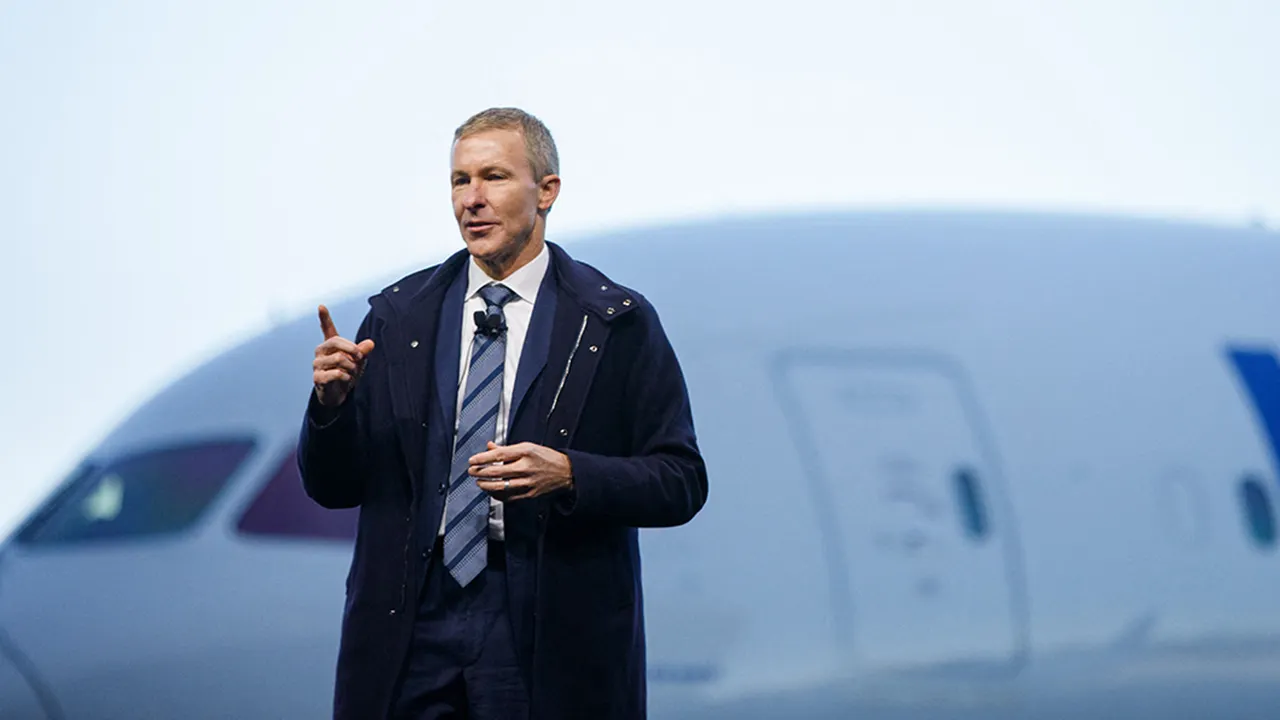It starts with shared loyalty benefits and better connectivity, but the long game is clear:
- United gets access to JetBlue’s gates, slots, and brand presence at JFK and BOS without needing to buy them outright
- It gives United a low-risk test run at New York City expansion.
- And down the line, a full acquisition isn’t off the table, especially if political conditions shift
By gradually absorbing JetBlue’s Northeast footprint, United shores up one of its last major geographic weaknesses — and does it without triggering the regulatory alarms that a merger would today.
Delta is also the most popular airline of the Southeast, which JetBlue covers well. Not only can United stake itself in the northeast, but it will be able to extend its pole much more easily into the southern states aswell.
Delta is the only U.S. carrier with true coast-to-coast dominance in both leisure and premium markets. But if Kirby can pair JetBlue’s East Coast presence onto United’s already strong mid-continent and West Coast network, United becomes a real threat across all segments — especially among high-value business travelers in New York and Boston.
Scott Kirby long talks about his dream of dominating the American market, and although monopolies are technically banned within the US airline industry, Kirby seems willing to toe the line as much as possible.
JetBlue and United's potential partnership is only in the early stages, with the initial focus is on frequent flyer reciprocity, but there’s clearly a bigger play in motion. After multiple failed partnerships, JetBlue needs a way to keep up with competitors who currently have larger networks. For United though, it’s about securing a foothold in New York without the regulatory headaches of an acquisition. Scott Kirby’s Alexandrian vision is clear: positioning United to eventually challenge Delta’s dominance at JFK and beyond. And if this partnership is any indication, Kirby’s making moves that could lead to something even bigger down the line.


